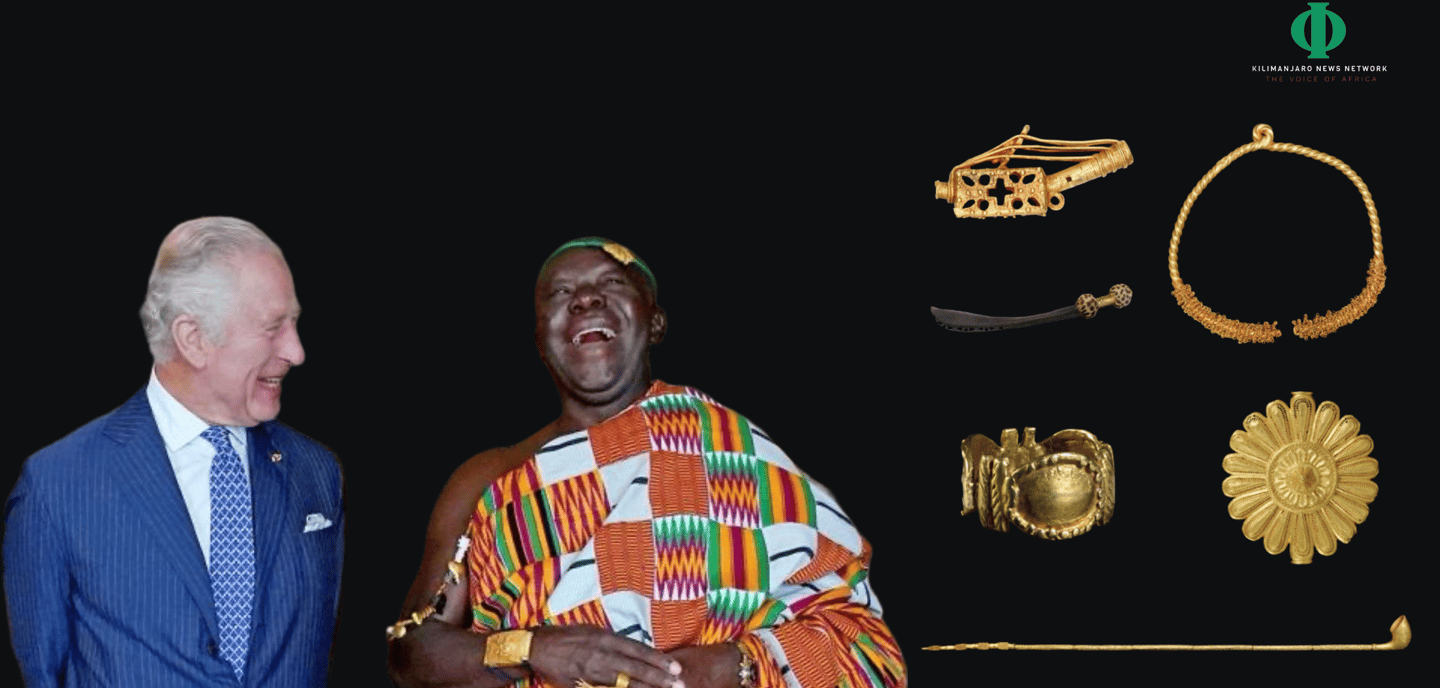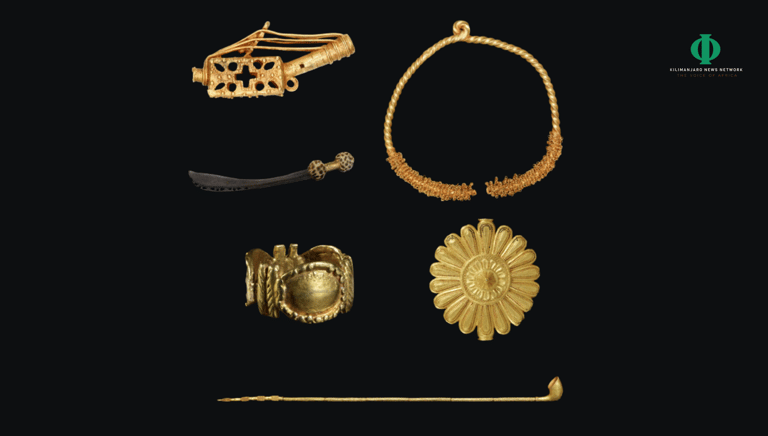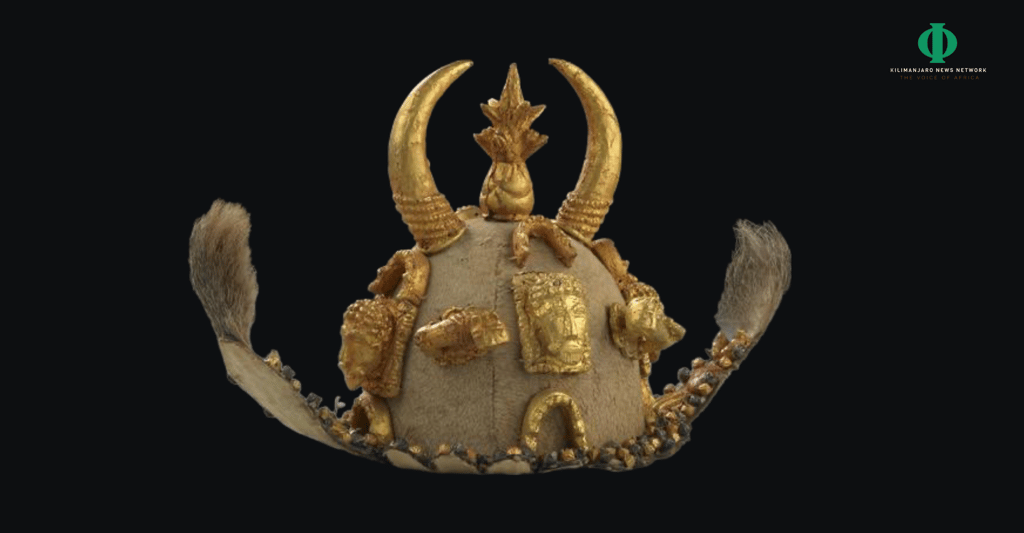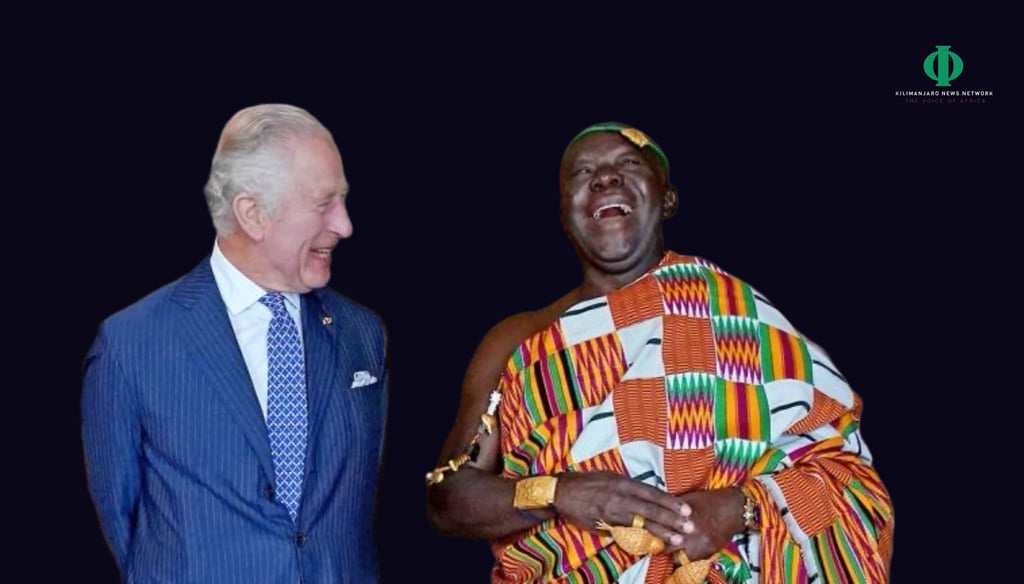Britain To Return Some Of Ghanian Stolen Golden Artefacts Stored in British Museums for 150 Years on A Three-Year Loan Deal With An Option to Extend.
In the cavernous halls of British museums, a curious paradox unfolded wherein Britain has agreed to return some stolen ancestral property, which it stole from Ghana 150 years ago, back to Ghana. However, this return is not accompanied by compensation, repentance, or remorse; instead, it is structured as a three-year loan deal with an option to extend.
ART AND CULTURE
1/24/20243 min read


In the cavernous halls of British museums, a curious paradox unfolded wherein Britain has agreed to return some stolen ancestral property, which it stole from Ghana 150 years ago, back to Ghana. However, this return is not accompanied by compensation, repentance, or remorse; instead, it is structured as a three-year loan deal with an option to extend. These stolen Ghanaian artifacts have adorned British museums for 150 years, generating vast amounts of revenue for the British crown. The exact amount Ghana is supposed to pay Britain under this loan agreement, described by Britain as "reconciliation," was not disclosed. A total of 32 items, including priceless relics radiating an air of plundered power, are being prepared for return, marking a peculiar homecoming. Ghana's crown jewels—a glinting gold peace pipe, a sword of state whispering of past conquests, and a vibrant ceremonial cap—are poised for a three-year pilgrimage back to their ancestral land. Yet, beneath this narrative of reconciliation, a venomous undercurrent swirls.
The poisonous whispers began subtly, veiled in concern for the artefacts' well-being. "Loan," they hissed, "is it not a euphemism for continued possession, albeit with a smile?" But the sting soon morphed into an outright rebuke, a contemptuous suggestion that the rightful owner, the very people who birthed these treasures, lacked the facilities to care for them.
This insidious notion, dripping with neocolonial condescension, was a slap in the face of Ghanaian heritage. It reeked of the same arrogant assumptions that fuelled the looting in the first place – the belief that the West, by virtue of its supposed superior resources and expertise, was the rightful custodian of foreign cultures.
But such patronising pronouncements conveniently ignored the rich tapestry of Ghanaian history. For centuries, the Asante kingdom had flourished, nurturing its own sophisticated systems of knowledge and preservation. To imply their inability to safeguard their own cultural treasures was not only ignorant, but deeply offensive.
Moreover, it conveniently overlooked the immense efforts Ghana has undertaken to develop its museums and cultural institutions. Dedicated professionals, fuelled by a deep love for their heritage, have tirelessly worked to create spaces worthy of housing their national treasures. To dismiss these efforts with a flippant remark about "lacking facilities" was not only disrespectful, but demonstrably untrue.
The underlying implication, however, was crystal clear: the West remained the arbiter of cultural value, the ultimate decider of what deserved preservation and what did not. This self-appointed guardianship, a relic of colonial arrogance, had no place in a world striving for true cultural equity.
The true path to reconciliation lay not in patronising loans and veiled condescension, but in genuine partnership and mutual respect. It demanded acknowledging the historical injustice inflicted, the pain of cultural dispossession. It meant recognising the inherent right of every nation to safeguard its own heritage, to determine its own future.
The artefacts' journey home, then, was not merely a physical one, but a symbolic one. It was a challenge to the lingering vestiges of colonial thinking, a call for a new era of cultural exchange built on equality and understanding. For true healing could only come when stolen treasures were not just returned, but returned with an acknowledgement of the wrongs done, a sincere apology, and a genuine commitment to shared responsibility for their future. Only then could the whispers of doubt and condescension be silenced, replaced by the harmonious symphony of mutual respect and cultural understanding.







